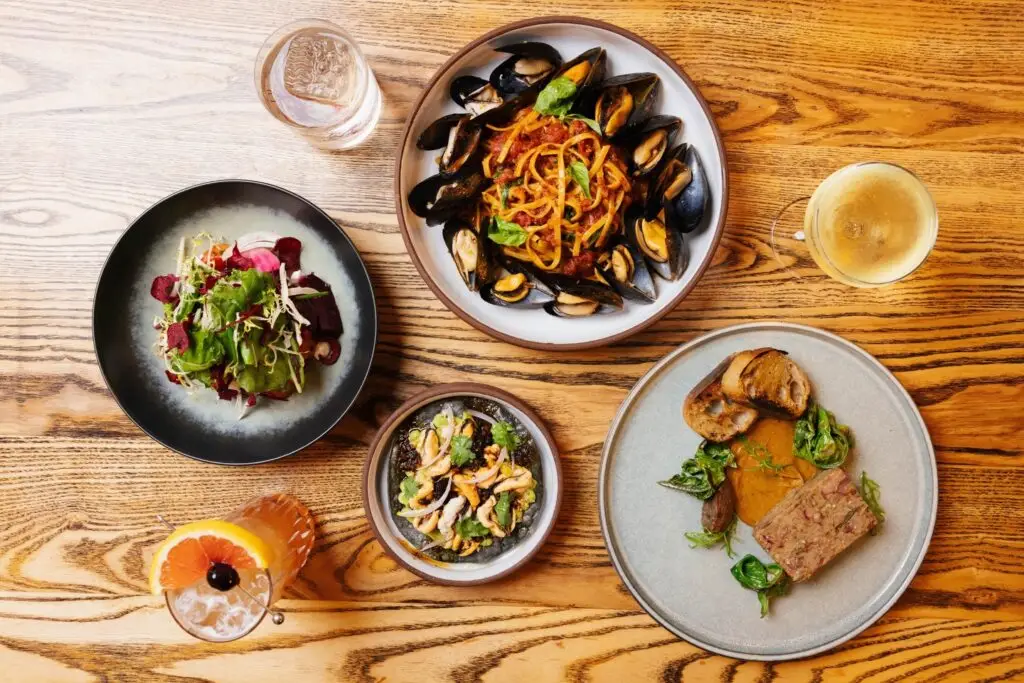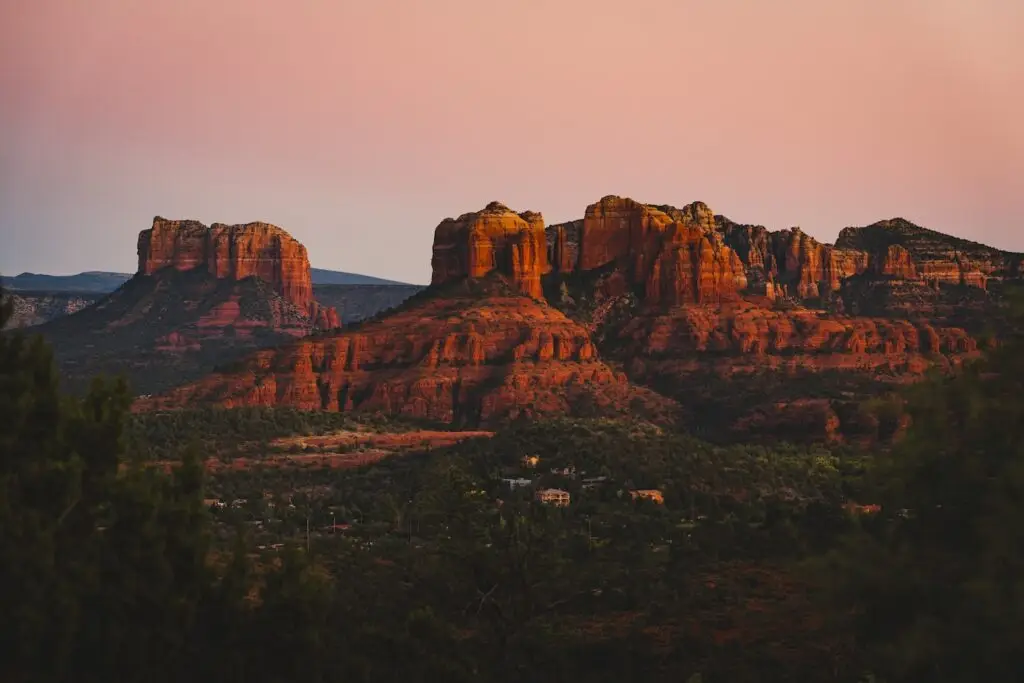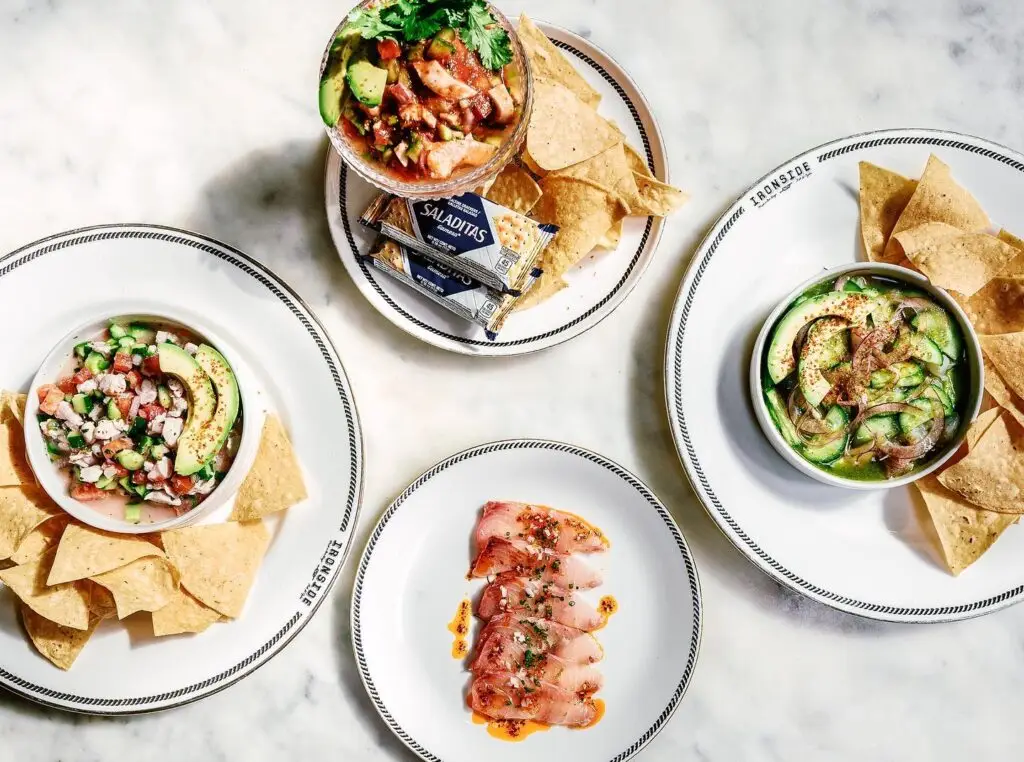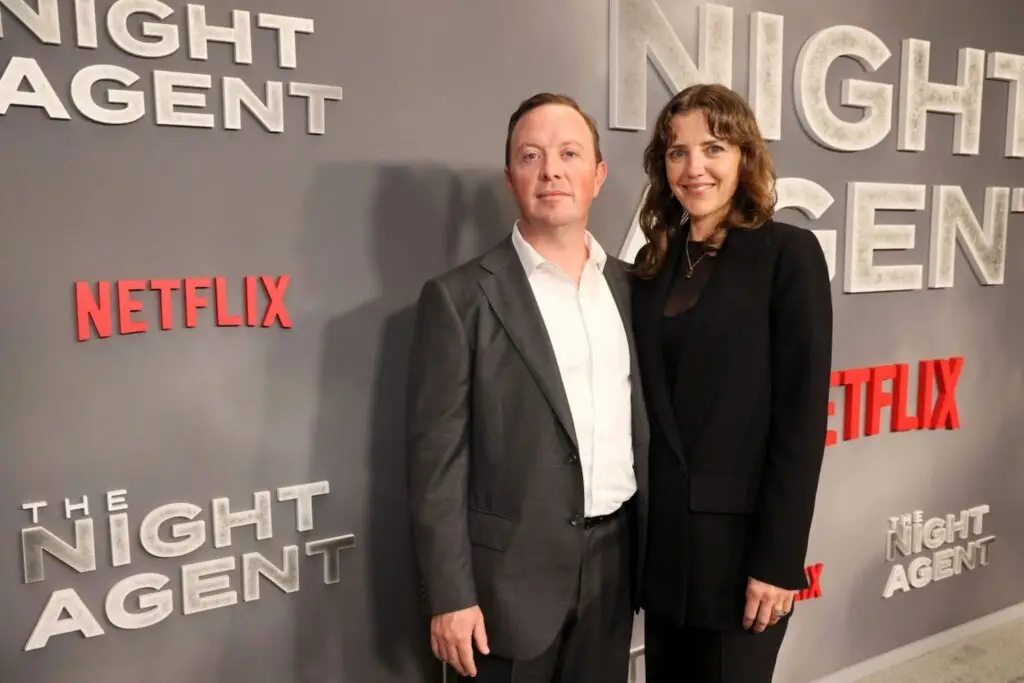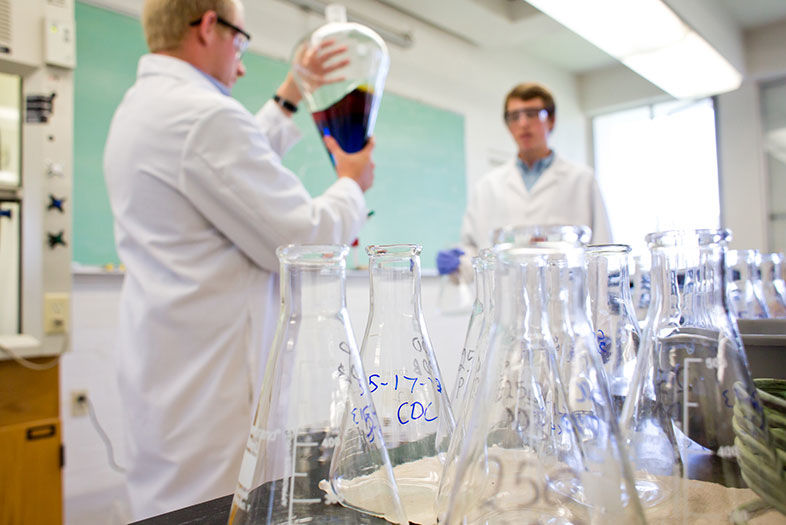Recommended Reading
The Billion-Dollar Molecule by Barry Werth
Follow Kavin Senapathy (@ksenapathy) and SciBabe (@TheSciBabe)
We heard you are saving the wine industry. How?
The California Department of Food and Agriculture (CDFA) is funding a project where my students and I are collaborating with researchers at UC Riverside to save California grapevines from a deadly bacterium called Xylella. A student in my lab discovered a chemical, produced by a fungus, that kills Xylella when it’s growing outside the plant in a Petri dish. Just last month we published this result in the journal Phytochemistry. The next step is to see whether this chemical can also kill Xylella in infected grapevines. But first, we have to make changes to the chemical to make it more water-soluble, so that the grapevines will take it into their leaves. I’m guessing we are at least a decade away from a commercial product.
What do you wish the general public understood about chemistry?
Everything we eat, the air we breathe, everything in nature, and everything man-made is made of chemicals. People are very afraid of chemicals today, so much so that they spend large amounts of money on supposedly “chemical-free” food and household products. In reality, chemicals are neither good nor bad. Some are toxic in extremely low doses (like hydrogen cyanide), while others are only toxic in very high doses (like water). Moreover, “natural” chemicals (that is, chemicals derived from nature) are not intrinsically any safer than “artificial” ones (those made in a lab). People could save themselves a lot of anxiety (not to mention thousands of dollars) if they understood that!
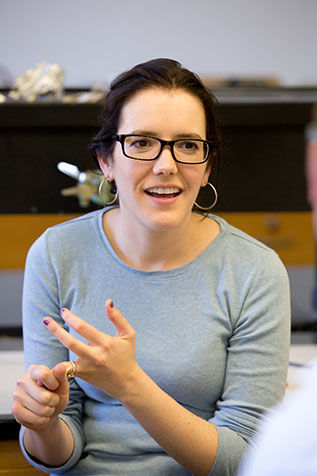
She Reacts to Chemicals
Marcus Emerson
What do you think of Jessica Alba’s $1 billion Honest Company, which makes “safe” products?
Funny you should ask about Ms. Alba’s ironically-named company. Julie Gunlock wrote a great opinion piece in the New York Post. She said it better than I could: “The ‘Honest’ Company thrives on alarmism, and a false promise of safer, healthier products at a high price.”
Do you notice any sort of gender gap in your field?
As you move up the educational ladder, you see a huge drop-off in the percentage of women at every step. I never personally felt that I was the victim of overt sexism, but I did see female PhD students who were underestimated, or repeatedly asked to do time-consuming duties (e.g. party planning or maintaining equipment) on top of their research projects. These tasks were seldom, if ever, asked of their male peers, and undoubtedly reduced the overall research output of the women, making them less competitive for fellowships and future employment. Science is a fabulous profession for women, and I encourage my students to pursue a career in science. Ultimately, all scientists are held accountable by the data.
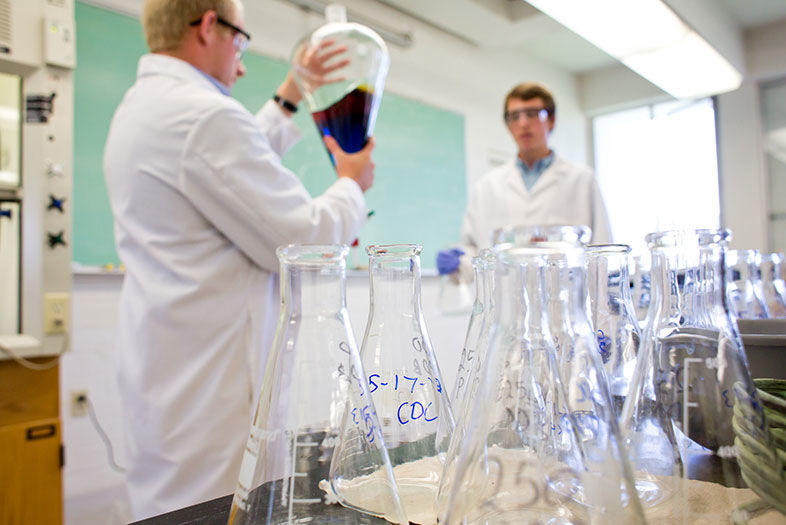
PARTNER CONTENT
She Reacts to Chemicals


